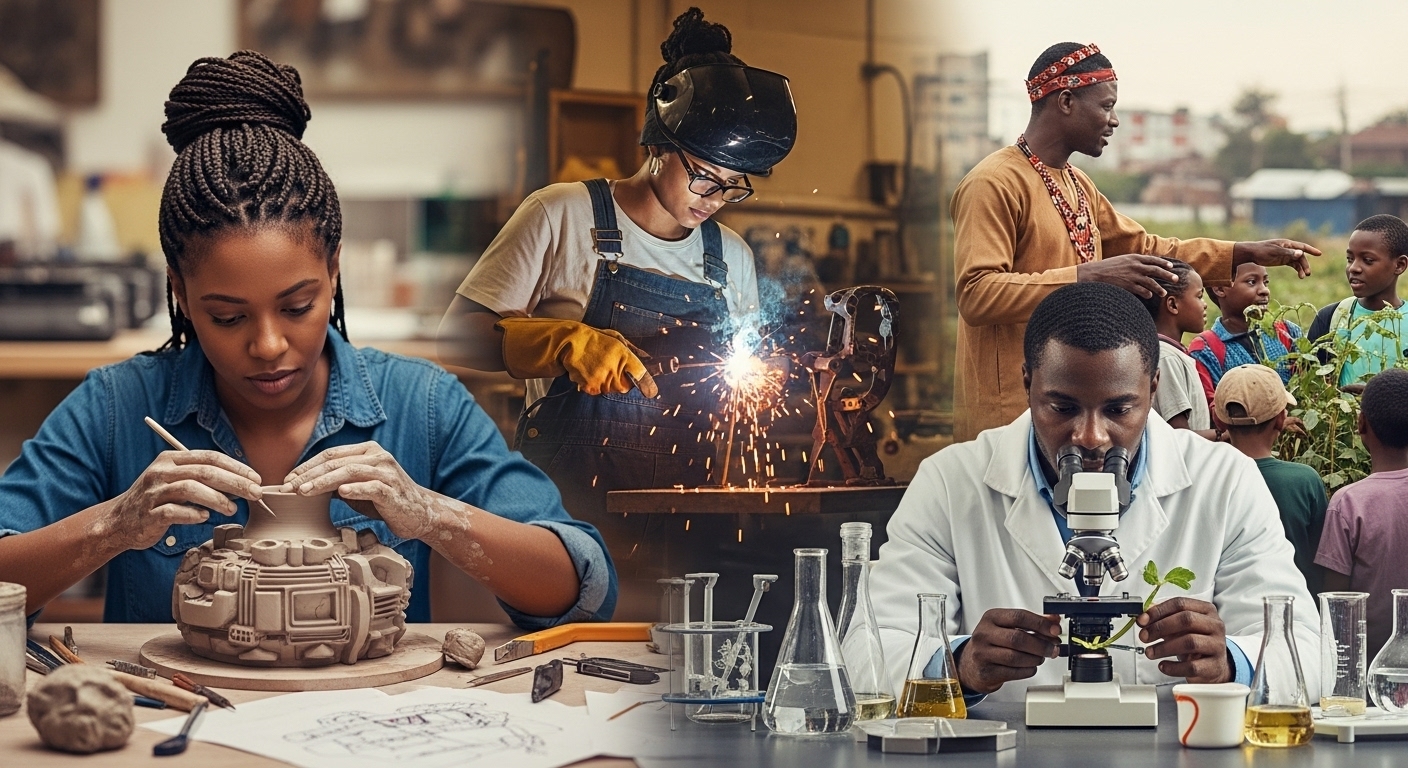Global sustainable investment has continued its rapid growth, reaching an estimated $40 trillion in 2023 and now accounting for nearly 45% of professionally managed assets worldwide. In Nigeria, the Nigerian Exchange (NGX) has led this this transformation through its Sustainability Disclosure Guidelines issued about a decade ago, fundamentally reshaping how listed companies engage with investors, employees, and society at large.
Sustainability - From Buzzword to Business Imperative
The NGX’s guidelines, approved by the Securities and Exchange Commission in 2018, required listed companies to disclose their management of environmental, social, and governance (ESG) issues. They included reporting on carbon emissions, water usage, workplace diversity, and anti-corruption efforts. In a world, where climate issues has held sway, transparency became the currency of trust, with investors increasingly demanding more than just quarterly earnings—they want assurance that companies are future-proofing their operations and supporting sustainable development.
This global shift is evident in the surge of responsible investing. According to the United Nations Principles for Responsible Investment, assets under management by signatories have grown from $4 trillion in 2006 to over $120 trillion by 2024. For Nigerian firms, neglecting sustainability poses significant risks, including alienating investors, consumers, and employees alike.
The Real Stakes of Sustainability Reporting
Sustainability reporting is not a mere regulatory checkbox, it is the “Footprints In the Sands of Time”.
Sustainability reporting is not a mere regulatory checkbox, it is the “Footprints In the Sands of Time”. It demands companies confront critical questions: How does your business impact local economies and environments? Are you reducing waste and conserving resources? Do your employees feel safe and respected? Is your supply chain transparent and ethical?
The NGX guidelines pushed listed companies to set measurable targets, monitor progress, and report openly on issues ranging from gender diversity to anti-corruption training. Real-world examples illustrate the payoff: Walmart saved $231 million in one year through improved waste management, while Dow Chemical’s $2 billion investment in efficiency has yielded nearly $10 billion in savings since 1994.
For Nigerian companies, embracing sustainability is a gateway to attracting global capital, what today is called “Green Financing”, winning socially conscious consumers, and building lasting brands especially when you consider the next generation of consumers – “The Gen Zs”.
The Business Case: Sustainability Pays Off
Companies that integrate sustainability into their core strategy don’t just do good, they perform better. A Goldman Sachs study found ESG leaders outperformed the broader stock market by 25%, with nearly three-quarters beating their peers since 2005. More than half of CFOs believe sustainability initiatives will boost revenue.
Key benefits include:
- Stronger brand and reputation: Attracting top talent and investors.
- Higher productivity and lower costs: Efficiency gains translate into improved margins.
- Improved risk management: Proactive firms avoid costly fines and reputational damage.
- Better access to capital: Investors increasingly favor companies with robust ESG credentials.
- Deeper community engagement: Social investments foster loyalty and creating a social operational license.
Failing to adapt risks capital flight, talent loss, regulatory penalties, and eroding customer trust. The choice is clear: evolve or become obsolete.
How You Can Make a Difference
The path forward is clear. Whether you are a CEO, investor, employee, or consumer, your role matters. Demand transparency from companies you engage with. Champion sustainability in your workplace and community. Hold businesses accountable by asking tough questions and expecting honest answers. Support brands that prioritize ESG and SDG goals.
Though it has been in existence for a decade, the NGX Sustainability Disclosure Guidelines represent a blueprint for a prosperous, equitable, and sustainable Nigeria. The future belongs to those who lead with purpose, not just profit.








